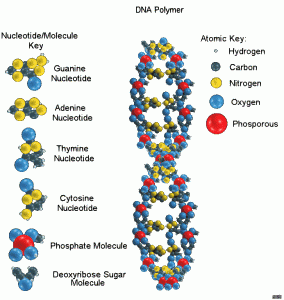Sensations’s ghost. The non-sensory “fringe” of consciousness
PSYCHE: an interdisciplinary journal of research on consciousness PSYCHE 7 (18) Non-sensory experiences represent almost all context information in consciousness. They condition most aspects of conscious cognition including voluntary retrieval, perception, monitoring, problem solving, emotion, evaluation, meaning recognition. Many peculiar aspects of non-sensory qualia (e.g., they resist being ‘grasped’ by an act of attention) are […]
PSYCHE: an interdisciplinary journal of research on consciousness
PSYCHE 7 (18)
Non-sensory experiences represent almost all context information in consciousness. They condition most aspects of conscious cognition including voluntary retrieval, perception, monitoring, problem solving, emotion, evaluation, meaning recognition. Many peculiar aspects of non-sensory qualia (e.g., they resist being ‘grasped’ by an act of attention) are explained as adaptations shaped by the cognitive functions they serve. The most important nonsensory experience is coherence or “rightness.” Rightness represents degrees of context fit among contents in consciousness, and between conscious and non-conscious processes. Rightness (not familiarity) is the feeling-of-knowing in implicit cognition. The experience of rightness suggests that neural mechanisms “compute” signals indicating the global dynamics of network integration.







